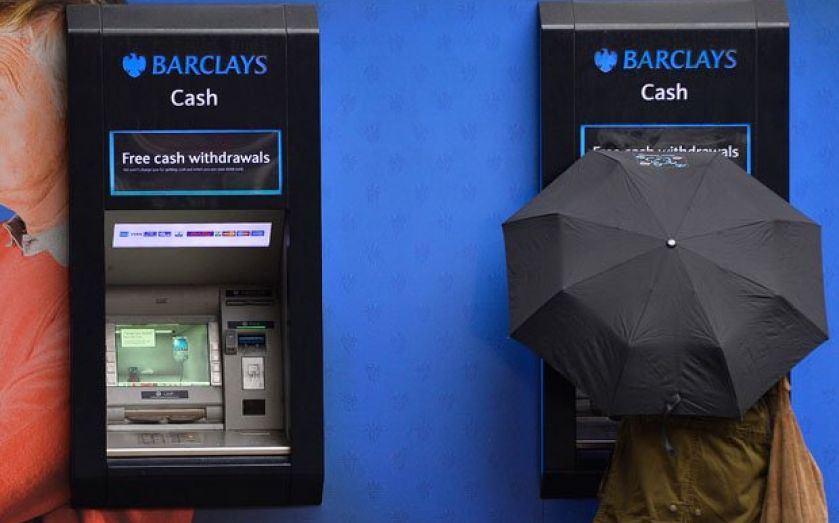Household borrowing dips as higher rates ‘percolate’ through UK economy
Consumer borrowing fell in October in the latest indication that higher interest rates are weighing down on demand in the economy.


Consumer borrowing fell in October in the latest indication that higher interest rates are weighing down on demand in the economy.
According to data from the Bank of England, consumers borrowed £1.3bn in October, down slightly from £1.4bn the month before and below the £1.5bn expected by economists.
The fall in lending was driven by consumers borrowing less on credit cards than the month before. Other forms of credit, such as motor finance and personal loans, remained roughly stable.
As interest rates have risen, households have had to pay more to borrow. Policymakers at the Bank of England hope this will take demand out of the economy, reducing inflationary pressures.
The data showed the effective interest rate on interest bearing credit cards increased by 16 basis points to 21.05 per cent.
Despite the fall in borrowing, Paul Dales, chief UK economist at Capital Economics, said consumer demand remained relatively resilient.
“Higher interest rates are yet to significantly crimp unsecured borrowing,” Dales said, although he suggested households might be borrowing to fund “necessary spending” during the cost of living crisis.
But Dales maintained that “higher interest rates are continuing to percolate through the economy”.
Higher interest rates also encourage households to lock up savings to earn a higher rate of return. The figures showed that households deposited £4.6bn with lenders in October, the highest level since November last year.
This was driven by inflows of £4bn into interest-bearing time deposits, where funds are locked up for a specific length of time. This more than offset the £1.7bn withdrawn from non-interest bearing sight deposits.
Samuel Tombs, chief UK economist at Pantheon Macroeconomics, said “households are choosing to actively save a bit more”.
Interest bearing sight accounts meanwhile avoided net outflows for the first time in a year.
Despite the increase in interest rates, mortgage approvals ticked up in October. 47,400 mortgages were approved in October, up from 43,700 the month before. Mortgage approvals are an indicator of future borrowing.
Nevertheless, the rate paid on newly drawn mortgages rose by 24 basis points to hit 5.25 per cent in October.



